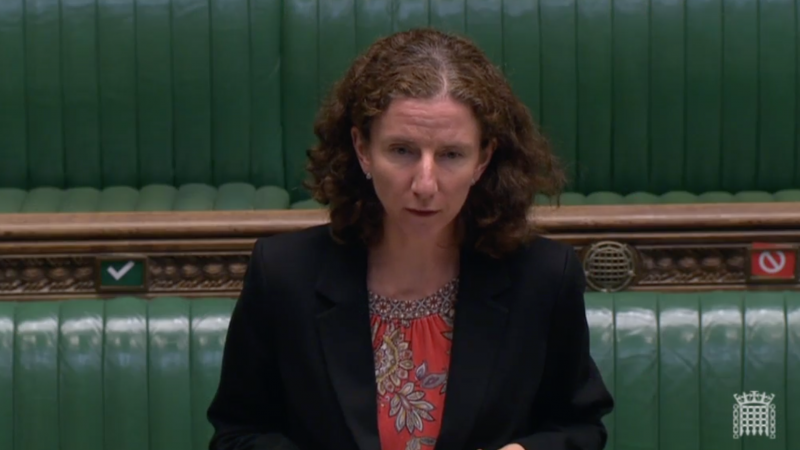
Anneliese Dodds has warned that the unemployment crisis in the UK caused by the coronavirus pandemic will “get much worse” unless the government takes urgent action now.
Responding to analysis released by the Office for Budget Responsibility this morning, the Shadow Chancellor urged Rishi Sunak to target support “to sectors where it’s needed most”.
Commenting on the research, Dodds said: “This OBR analysis is very worrying. Unless the government takes urgent action, the UK’s unemployment crisis is going to get much worse.
“The Chancellor must now listen to calls from Labour, business and trade unions and make the job retention scheme live up to its name. Instead of withdrawing support across the piece, he must target it to sectors where it’s needed most.”
The new report released by the today OBR outlined three scenarios for the UK. All three show the country experiencing the worst recession in 300 years and a huge increase in borrowing.
The Shadow Chancellor added: “If he doesn’t act, even more people run the risk of being thrown into the misery of unemployment and our economy will continue to suffer.”
Data published by the Office for National Statistics today shows that the country has returned to growth for the first time since the start of the lockdown – but that the growth is much smaller than the ‘v-shaped’ recovery hoped for.
GDP in the UK rose by 1.8% in May, according to the independent statistics authority. While a welcome increase, it follows the record slump of 20.3% in April, and a 6.9% decline in the following month.
GDP grew 1.8% in May but was still 24.5% below its level in February, before the full impact of the #coronavirus struck https://t.co/2Ac5CXhKja pic.twitter.com/kfe664wUlm
— Office for National Statistics (ONS) (@ONS) July 14, 2020
The OBR said: “The coronavirus outbreak and the public health measures taken to contain it have delivered one of the largest ever shocks to the UK economy and public finances.
“Our three medium-term scenarios (upside, central and downside) see the largest decline in annual GDP for 300 years this year, accompanied by an unprecedented peacetime rise in the budget deficit to between 13% and 21% of GDP, and debt rising above 100 per cent of GDP in all but the upside scenario.
“The pandemic has worsened the baseline against which existing long-term pressures on fiscal sustainability will be felt, and has materially altered our assessment of future fiscal risks.”
Labour has repeatedly called for Sunak to abandon what it describes as a “one-size-fits-all” approach to support schemes, and set out four tests against which to measure the country’s recovery plan:
- “A focus on creating, supporting and protecting jobs;
- “That it produces a bounce-back effect across the country;
- “That every project announced is carbon neutral or carbon reducing; and
- “That the government commits, at the very least, to not increase taxes or cut support for low and middle-income people, during the recovery period.”
In response to the summer economic update last week, Dodds also said: “We need a strategy for the scheme to become more flexible, so it can support those businesses forced to close again because of additional localised lockdowns.”
Labour said last month that the UK could see “mass unemployment on a scale not seen for decades”, while economists have warned that the level of unemployment could rise sharply as the government furlough scheme is withdrawn.




More from LabourList
‘The hope that kills you’: Reflections from the final day in Gorton and Denton
MPs, union leaders and organisations react to ‘bruising’ Gorton and Denton result
A gory night for Labour